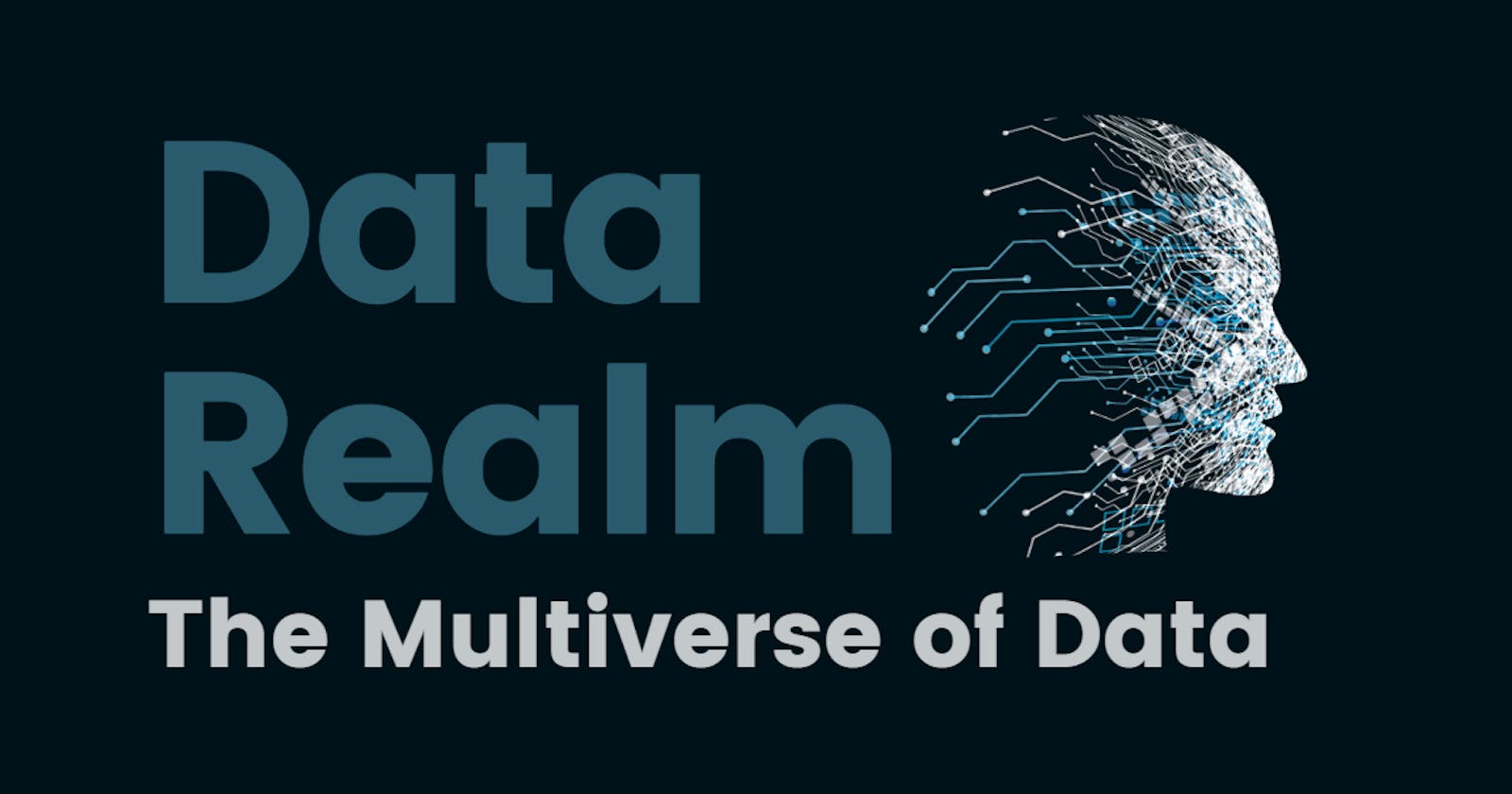Introduction
Welcome to the DataRealm ;)
As an enthusiast in the field of data, you may have heard about the term 'Data Science' quite often. You might be curious to know what it is, how it works, and what it means for the future. In this blog post, we will explore the basics of the data realm to become a Data Scientist.
What is Data Science?
Data Science is a multidisciplinary field that involves using scientific methods, processes, algorithms, and systems to extract insights and knowledge from data in various forms. It encompasses a wide range of techniques, tools, and applications that are used to analyze, model, and interpret complex data sets. Data Science is an emerging field that has grown significantly over the last decade and is now considered one of the most in-demand careers of the future.
Why is Data Science important?
Data Science is important because it enables organizations to make data-driven decisions, leading to better outcomes and competitive advantages. Data Scientists can analyze vast amounts of data and uncover hidden patterns and trends that can help businesses optimize their operations, improve customer experiences, and drive growth. Moreover, Data Science can be applied in various fields, such as healthcare, finance, transportation, marketing, and more.
How does Data Science work?
Data Science involves several stages, including data collection, data cleaning, data analysis, modeling, and interpretation. The process starts with collecting data from various sources, such as databases, APIs, web scraping, or IoT sensors. Once the data is collected, it needs to be cleaned and preprocessed to ensure it is accurate, complete, and consistent. Afterward, Data Scientists can use various techniques to analyze the data, such as statistical analysis, machine learning, data mining, and data visualization. The insights gained from the data analysis can be used to develop models that can predict future trends or identify patterns. Finally, the results are interpreted and presented in a meaningful way to stakeholders, such as executives, managers, or clients.
How can I become a Data Scientist?
Becoming a Data Scientist requires a combination of technical skills, domain knowledge, and experience. Here are the key steps to follow:
Learn the basics: Start by learning the fundamentals of statistics, probability, and programming languages such as Python, R, or SQL.
Gain practical experience: Participate in data-related projects, such as Kaggle competitions, or work on real-world problems to gain hands-on experience.
Acquire domain knowledge: Choose a specific domain or industry and gain knowledge in that field to become a domain expert.
Learn advanced techniques: Learn advanced machine learning algorithms, data visualization, and data engineering techniques to gain a deep understanding of the field.
Keep learning: Data Science is a constantly evolving field, so it's important to stay up-to-date with the latest trends, tools, and techniques.
Conclusion
In conclusion, Data Science is a fascinating field that offers a world of possibilities for those who are passionate about data. Whether you're an aspiring Data Scientist or simply interested in learning more about the field, there are plenty of resources available online to help you get started. So, dive in, explore, and discover the power of Data Science!
Tune in to explore more dimensions of data science, Safe travels!
